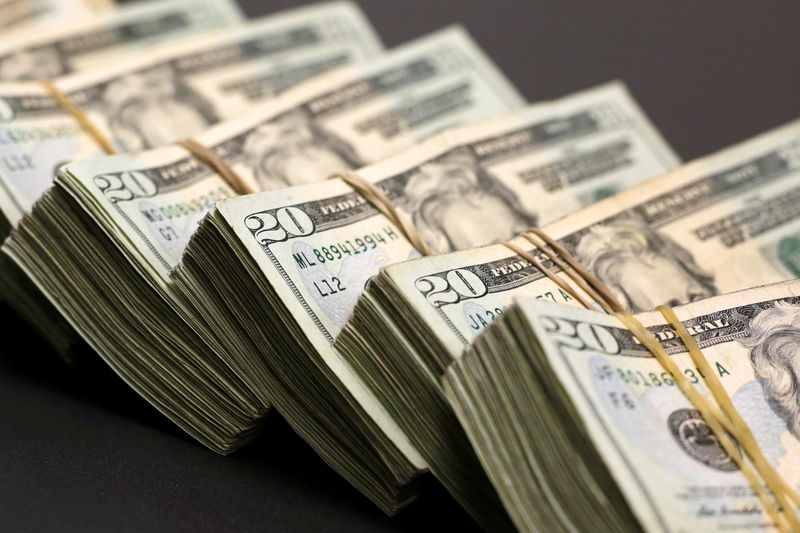AirNet Technology raises $180 million in digital assets offering
* Graphic: World FX rates in 2019 http://tmsnrt.rs/2egbfVh
By Saikat Chatterjee
LONDON, March 12 (Reuters) - Safe-haven currencies were in
demand on Thursday with the Japanese yen and the Swiss franc
leading gains against the struggling dollar after U.S. President
Donald Trump banned travel from Europe to stem the coronavirus.
With the latest ban posing a fresh disruption to the global
economy, traders were also disappointed by the lack of broad
measures in Trump's plan to fight the pathogen, prompting
traders to bet on further aggressive easing by the Federal
Reserve.
Money markets are now expecting another 100 bps of easing
from the Fed by next week taking the benchmark policy interest
rates to zero after a hefty half point rate cut last week.
"The market was looking for more," said Moh Siong Sim,
currency strategist at the Bank of Singapore.
In early London trading, the Japanese currency JPY=EBS
climbed 0.8% versus the greenback to 103.65 yen just below a
four-year high of 101.28 hit on Monday. The Swiss franc
CHF=EBS climbed 0.2% $0.9365 versus the greenback.
Risk aversion was the dominant theme in currency markets on
Thursday as Asian and European stock markets were a sea of red,
forcing traders to stampede out of currencies heavily geared to
the global economy such as the Norwegian crown NOK= and the
Australian dollar AUD= .
Trump announced on Wednesday a ban on travellers from 26
European countries entering the United States for a month.
He unveiled economic steps to counter the virus but his
address from the Oval Office was light on medical measures
beyond assurances that "the virus has no chance against us".
Market watchers are now focusing on the European Central
Bank where traders expect a cut to the main deposit rate by 10
A press conference is due at 1230 GMT in Frankfurt, after
the monetary policy meeting. But it is no certainty since rates
are already at a record-low -0.5% and further cuts could hurt
bank margins and so squeeze lending. Meanwhile, the euro EUR=EBS steadied around $1.12585, not
far away from a January 2019 high of near $1.15 hit on Monday.
